|
| We acknowledge and thank the W̱SÁNEĆ people on whose traditional territory we live, learn, and teach. The W̱SÁNEĆ people have lived and worked on this land since time immemorial.
|
| |
|
|
Focusing on sleep While sleep influences both our physical and emotional well-being, many struggle to maintain healthy sleep patterns and routines. This month’s snapshot focuses on better understanding the role sleep plays in our lives, while highlighting tips and tricks to improve sleep patterns and hygiene.
|

|
| |
|
|
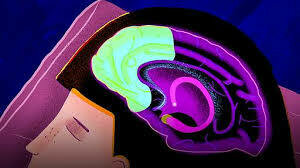
| Understanding and supporting healthy sleep Through his research, Dr. Matthew Walker highlights the importance of understanding sleep, in order to support our health. Explore Dr. Walker's video and the information below to understand how tips like lowering your body's temperature can lead to a better sleep. Did you know this is the reason a warm bath before bed can lead to a better sleep?

|
| |
|
|
Just how much sleep do I need? The Public Health Agency of Canada recommends the following sleep times:
Toddlers: 11-14 hours a night
Preschoolers: 10-13 hours a night
School-aged children: 9-11 hours a night
Teens: 8-10 hours a night
Adults: 7-9 hours a night
Older adults: 7-8 hours a night

|

|
| |
|
|
|
|
Did you know that is it common for 1 in 4 people to experience sleep difficulties? Many people experience challenges sleeping, with approximately 25% reporting difficulties. These include trouble falling asleep, trouble staying asleep, early morning waking, sleeping too much, restless or unsatisfying sleep.

|
 |
| |
|
|
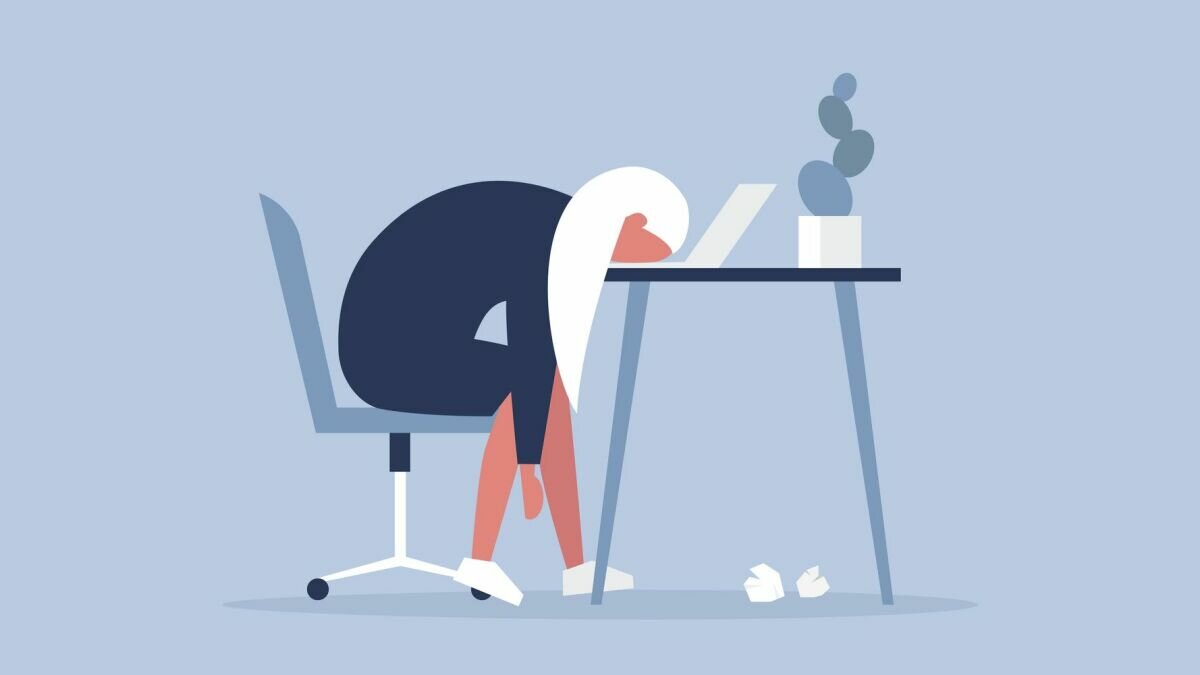
| What's the impact of sleep deprivation? Lacking sleep can impact emotional, cognitive, and physical health. Insufficient sleep can cause irritability, increased stress, forgetfulness, difficulties with learning and low motivation. If a chronic challenge, lack of sleep can also contribute to anxiety and depression.
Sleep is important in the maintenance of positive health. If you find you or those around you are yawning frequently throughout the day, having trouble getting up, having difficulty recalling information, or feeling increasingly moody and irritable, it may be worth considering whether sleep is a factor!

|
| |
|
|
|
|
|
|

| A local glance through the BC Adolescent Health Survey The BC Adolescent survey is a comprehensive survey of BC youth, 12-19. The survey has been completed every five years, beginning in 1992, and in 2018 reflected over 38,000 students in 58 districts across the province. In South Vancouver Island, students had the following information to report, in regards to sleep.

|
| |
|
|
On the day of the survey, only 50% of youth woke up feeling they had received adequate sleep the night before. Younger students were much more likely to report they had received adequate sleep than older students, and students who reported sleeping more than 8 hours, also reported higher levels of mental health.
|
44% of youth reported going offline and putting their phone on silent after going to bed. Of those who went offline, almost six in 10 (56%) reported adequate sleep. Of those who stayed online, only 45% reported feeling adequately rested and refreshed.
|
Roughly three in five youth spoke to chatting and texting after the time they intended to go to sleep In addition, 27% of youth spoke to staying up past their intended bed time to game, 56% to chat or text, 45% to do homework, and 71% to do other online activities like checking social media and watching videos.
|
| |
|
|
|
|
Why is sleep so important? Sleep can help us in many ways, playing an integral role in strengthening our immune system, while supporting our physical and our mental health. Did you know good sleep can help in each of the following areas:
Maintenance of healthy weight
Lowered risk for serious health conditions like diabetes
Improved mood
Improved memory, and ability to learn and recall new information
Increased attention span
Assistance in the formation of new neural pathways in the brain, which increases our ability to remember new information
Decreased feelings of anxiety and stress
Increased sense of confidence

|
 |
| |
|
|
 | Children who consistently get a good night's sleep have direct results! Children who have healthy and consistent sleep are more creative, can concentrate on tasks for longer, have better problem-solving abilities, are better able to make positive decisions, are more able to learn and remember new things, have more energy during the day, and can create and maintain good relations with others.

|
| |
|
|
|
|
|
|
|
|
Try the following strategies to improve your sleep patterns, and visit the link below for further ideas. Maintain a consistent sleep schedule, getting up at the same time every day, including weekends and vacations.
Set a bedtime that will allow you to get at least seven hours of sleep.
Make your bedroom quiet and relaxing, and establish a healthy bedtime routine. Keep the room at a comfortable, cool temperature.
Limit exposure to bright light in the evenings.
Turn off electronic devices at least 30 minutes before bedtime.
Get up if unable to fall asleep after 20 minutes.
Use your bed only for sleep, rather than using it as a place to hang out, do homework, browse the internet etc.
Limit exposure to bright light in the evenings, and turn off electronic devices at least 30 minutes before bedtime.
Don’t eat a large meal before bedtime.
If you are hungry at night, eat a light, healthy snack.
Avoid caffeine in the late afternoon and evening, and reduce fluid intake before bedtime.
Exercise regularly and maintain a healthy diet.

|
| |
|
|
|
|
|
|
| Consider exploring some of the following resources and in the support of stronger sleep hygiene
|
| |
|
|
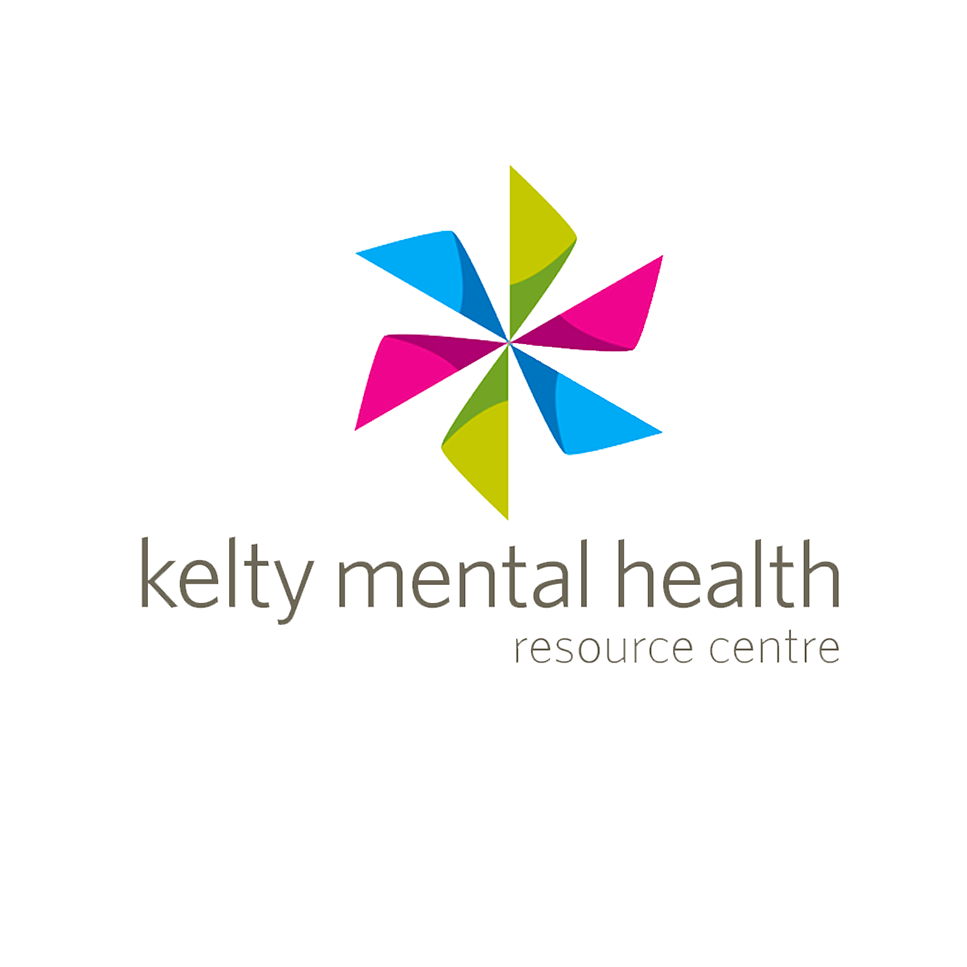 | Talk through worries, practice relaxation, and create a bedtime routine chart. Check out the Kelty Sleep Toolkit to learn more about sleep, and how incorporating time to relax, process, and prepare for sleep can help improve your sleep patterns and hygiene.

|
| |
|
|
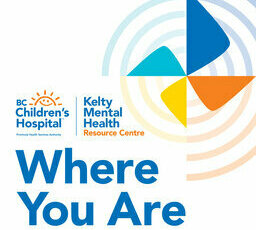 | Explore a podcast connecting sleep to positive mental and physical health Parent Andrea Bell and child Psychiatrist Dr. Smita Naidoo – discuss the relationship between sleep and mental and physical health, how technology affects sleep and how to tackle this in your family, and helpful sleep strategies for your child or youth.

|
| |
|
|
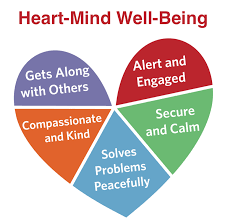 | Start an evening gratitude practice and replace screen time with green time. Check out the resources through heart-mind online to see how minimizing screen time before bed and how practices like focusing on gratitude and positive aspects of the day can help reduce worried thoughts and lead to better sleep outcomes.

|
| |
|
|
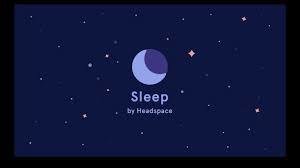 | Try a sleepcast or online meditation. There are a number of exercises available online or through various apps supporting sleep. Try an exercise like the Headspace video below to calm your mind and body before sleep, and see if you can notice the difference!

|
| |
|
|
 | Create a habit of transitioning into a calmer state before bed. Try an exercise like calm breathing or progressive muscle relaxation to calm your body and help you shake some of the days' worries before going to bed.

|
| |
|
|
 | Check out the sleep for kids games to learn more. Print out a card game or puzzle to explore the importance of sleep with kids.

|
| |
|
|
|
|
 | Explore exercises for kids, learning to calm the body prior to sleep Mind Yeti offers a number of free videos and guided mindfulness exercises helping with sleep. Child friendly, check out Mind Yeti to learn more!

|
| |
|
|
|
|
Interested in Learning More? Check out the following sites, referenced throughout this
snapshot:
https://www.headspace.com/sleep/sleep-hygiene
https://www.heretohelp.bc.ca/factsheet/getting-a-good-nights-sleep
https://www.heretohelp.bc.ca/wellness-module/wellness-module-6-getting-a-good-nights-sleep
https://www.cdc.gov/sleep/about_sleep/sleep_hygiene.html
http://www.anxietycanada.com/sites/default/files/SleepHygiene.pdf
https://heartmindonline.org/resources/sleep-your-way-to-heart-mind-well-being#resource-sources
http://www.mcs.bc.ca/pdf/balance_and_connection_southvancouverisland.pdf
https://keltymentalhealth.ca/sites/default/files/resources/toolkit_for_families_-_module_4_-_sleep.pdf
https://www.aboutkidshealth.ca/article?contentid=645&language=english
http://sleepforkids.org/html/games.html
https://www.ted.com/talks/matt_walker_sleep_is_your_superpower?language=en
https://www.mindyeti.com/
|
| |
|